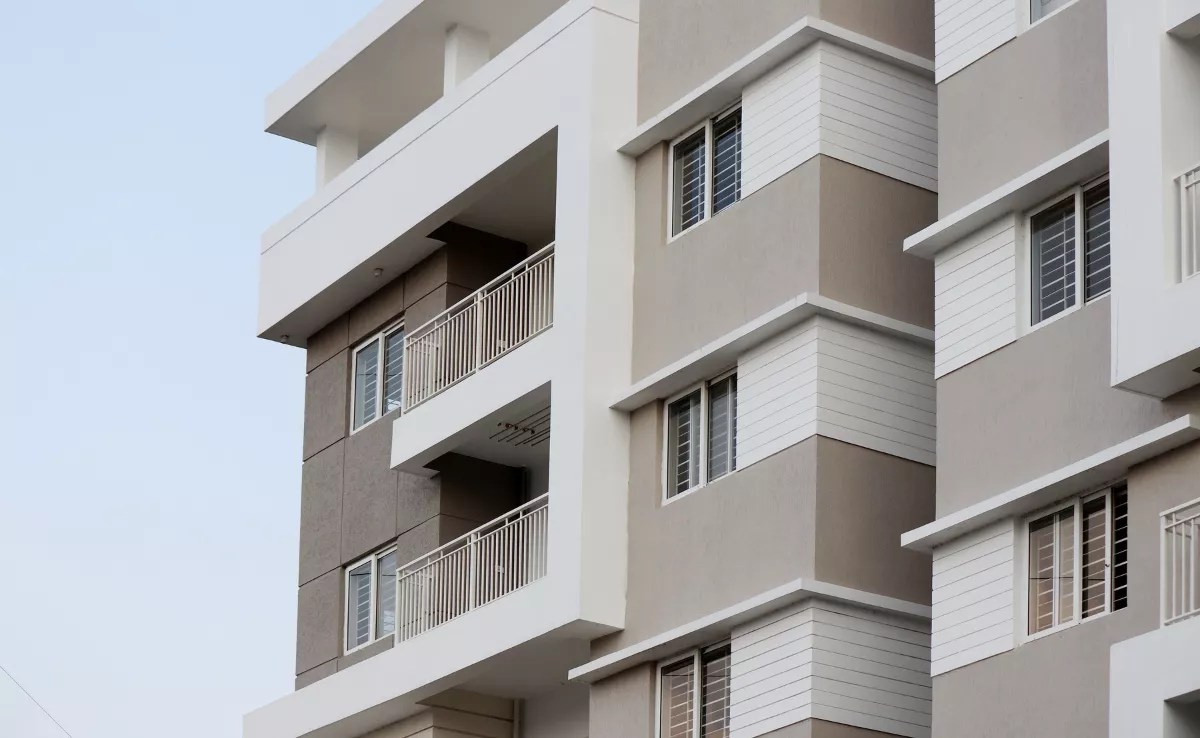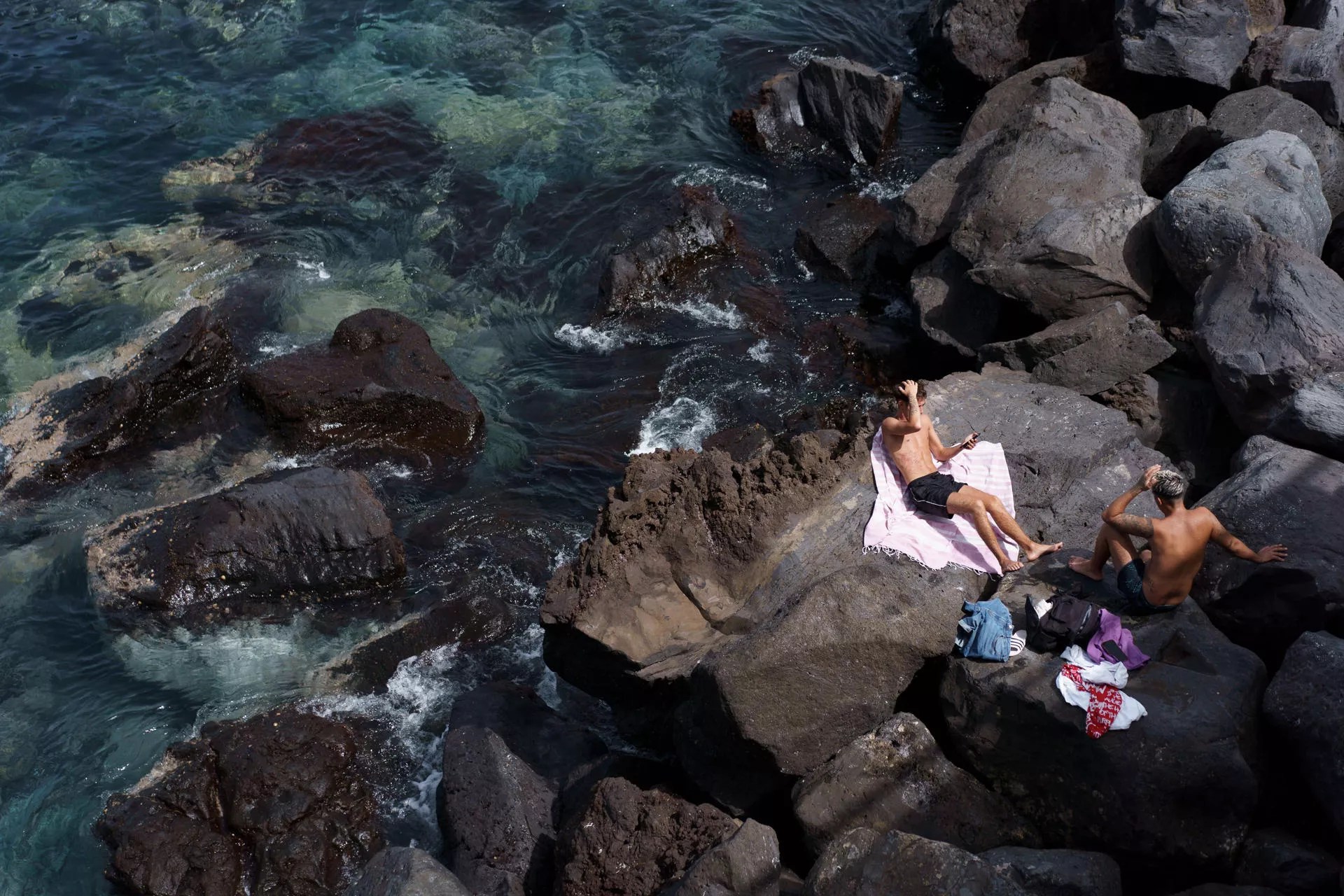Blanca Pérez, the Minister of Natural Environment, Sustainability, and Security of the Cabildo, revealed yesterday that the drought affecting Tenerife has been ongoing for more than six years. Speaking at the commencement of the Water Situation of the Island of Tenerife conference organized by the Insular Water Council (CIATF) at MUNA on World Water Day, she emphasized the need to address the current situation, highlighting the impact on the agricultural subsector that has been facing challenges for an extended period.
Pérez stated, “This water crisis, which has led to a state of emergency being declared, is not recent. We are all aware that the climate conditions have been deteriorating since 2016”, pointing out that the water year of 2021-2022 was somewhat saved by a DANA weather phenomenon. Therefore, she stressed that “we cannot simply classify it as a two-year drought but rather one that has persisted for over six years.”
She noted that last year presented a critical situation with the Aguamansa canal breaking, causing significant strains on the water supply. “All these factors have resulted in a complex scenario where immediate solutions are required to safeguard water supply in densely populated areas and protect agriculture, leaving no sector neglected,” she added.
Meanwhile, Javier Davara, the manager of the Insular Water Council, detailed the process of declaring a water emergency during his address. According to the Water Law provisions, a water emergency can be declared either island-wide or in specific regions for a limited period, which can be extended up to six months as per regulations.
Based on the motion passed by the Plenary Council for the emergency declaration and the gathered data, actions will be initiated to define the criteria for identifying drought conditions, a procedure undertaken for the first time and set to be implemented shortly. Consultations with various entities and the 31 municipalities are underway to gauge their immediate needs for the rapid response plan.
Davara explained the powers granted to the Council by the declaration, including assigning water usage to specific zones, regulating the sale of water at fixed prices, and facilitating the utilisation of surplus water from privately owned desalination plants for agricultural purposes. He stressed the Council’s preference for mutual agreements over enforcement, while ensuring that compensations align with legal frameworks.
Furthermore, the law permits the imposition of restrictions on water consumption, an approach that some municipalities have already adopted, with more expected to follow suit post-declaration to monitor specific water usage patterns. Davara outlined the proposed short-term strategies for enhancing treatment plants, desalination facilities, and pipelines.
Addressing the current status of the island’s reservoirs, Ana Sánchez from Balten highlighted that they are at 44% capacity, which marks a 13% decrease from the previous year, translating to approximately 800,000 cubic meters less water. This decline hints at a challenging summer ahead, in alignment with the emergency declaration.
subsector of agriculture
Representatives Theo Hernando (Asaga) and Roberto Rodríguez (COAG) from agricultural organisations underscored the significance of utilising recycled water for the subsector, particularly advocating for portable desalination plants this summer. They pointed out issues with water wastage in municipalities and criticised the lack of foresight and the rapid population and tourist growth.
Moreover, stakeholders such as water utility companies, Arafo City Council, Emmasa in Santa Cruz de Tenerife, and the head of the Tenerife Water Chamber also participated in the conference.















